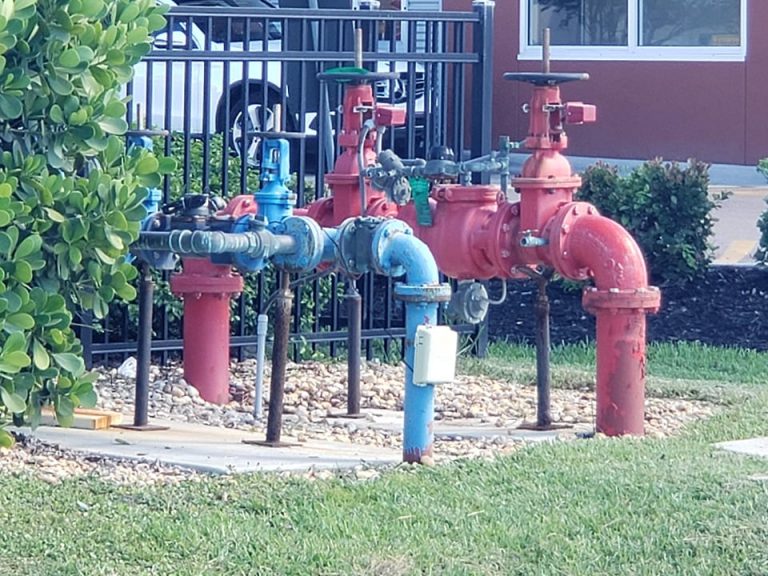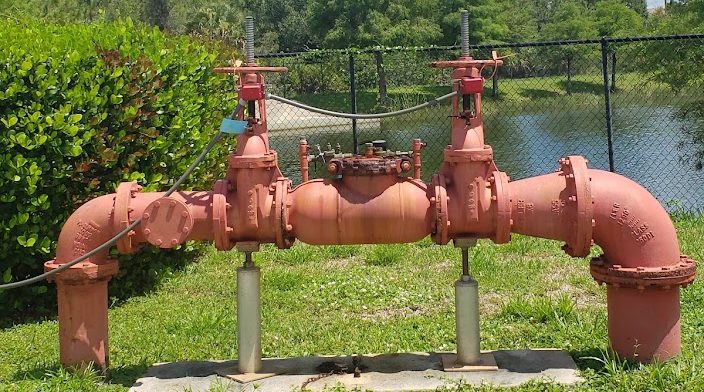

Can you explain what it means to do a backflow test?
Just what is this backflow plumbing test, exactly? When contaminated water travels “backwards,” or in the opposite direction, it eventually reaches a clean water supply. There is a chance of backflow contamination at a “cross connection,” which is located where the clean and dirty water lines meet. Most often, a change in pressure prevents a backflow from performing as intended. Back pressure and back siphonage are both potential causes of pressure changes in the backflow direction. A change in pressure might have occurred, for instance, if a water main burst or a pipe developed a leak. As a result of the change in atmospheric pressure, pollutants like sewage and chemicals may be able to make their way back into your drinking water system. To ensure that your backflow preventer is in proper working condition and free of any leaks, backflow testing is performed.
Just what is a backflow preventer?
What is the definition of a backflow preventer? You may protect your home’s supply of clean water from potentially tainted water by installing a backflow preventer. Stopping the water from going backwards is one way to achieve this goal. The use of a backflow preventer has the potential to save a person’s life. The back flow prevention system will stop any contaminated water from flowing backwards into your clean water supply in the case of a change in water pressure. Everything, even the backflow preventer, fails in the end. If hazardous materials like feces or chemicals are allowed to enter your clean water lines because of a faulty backflow preventer, the implications might be terrible and even lethal. As a result, having a certified backflow testing business perform periodic “backflow tests” on backflow preventers is mandatory. This is done to check that dangerous contaminants aren’t making their way into your clean water supply via your backflow prevention system.
Testing for backflow: what precisely is it?
Exactly what does backflow testing involve? Having a certified backflow testing company or plumbing business (plumber) carry out a formal certified backflow test is what is meant by “backflow testing.” Tests for backflow protection mechanisms follow this protocol. In order to keep their licenses current, plumbers and services that do certified backflow testing are often required to undergo periodic training and refresher courses in the form of continuing education. They use plumbing-looking specialist equipment that hooks up to your home’s backflow prevention system. Backflow testing gear can tell in a short amount of time whether your backflow preventer is doing its job. You’ll know whether a backflow preventer is broken and whether or not toxic wastewater has contaminated your clean water supply.